Ep. 29: Why Purity Culture Doesn’t Work (in More Ways Than One) w/ Talk Purity to Me (Blair)
Show Notes
Episode Summary
Content Warning: Sex, Sexuality, Mental Health (including suicidal ideation)
After growing up in the south in the heyday of purity culture, Blair of @TalkPurityToMe recognized that she needed to relearn how to relate to herself and others. Once she healed from the harm she endured through purity culture, she decided to start speaking out against it so that others could heal, too. We talk with Blair about how she came to recognize how unhealthy purity culture had made her, how she healed, and what hope she has for the future of sexual education in the evangelical church.
Bio
Blair is a content creator and purity culture dropout from the south who loves seeing people live free from shame. Follow Blair on Instagram, on Twitter, and on TikTok (@TalkPurityToMe)!
Quotables
“That’s not how anything else in life works. Most people aren’t very good at or comfortable with something the first time they experience it, so why would sex be different simply because you waited?” (tweet this)
“What we believe about sexuality actually informs so many others part of where we see our place in the world.” (tweet this)
“Purity culture is about way more than just sex, and I think that’s why it’s hard for people who have been so hurt by purity culture to want to have any part in the Church again.” (tweet this)
“Purity culture was never just about sex. It was about control and teaching people that they weren’t good.” (tweet this)
“What I was told was genuine love was actually punishment from God. I was being told that all of these negative things I was experiencing was because I didn’t have enough faith or love for God.” (tweet this)
“Love and punishment, in my experience of Christianity, were the same thing.” (tweet this)
“Christians don’t have to experience such an unhealthy sexuality. It’s okay to want to be healthy and still want to hold on to your faith.” (tweet this)
“I don’t feel that I found a lot of sincere love inside the Church.” (tweet this)
“Binary thinking is a cop out, in my opinion, because you don’t have to wrestle with any hard issues. There’s right and wrong, and that’s it. You don’t have to engage with anything that makes you uncomfortable.” (tweet this)
“I think if I was taught that I was good no matter what happened, I would’ve had a lot more respect for myself and felt like I could make decisions that were good for myself.” (tweet this)
“If you really are concerned about your kids being sexually active too young, hiding information about sex from them is not the answer.” (tweet this)
Timestamps and References
[02:37]—Blair’s experience with purity culture and why she’s so adamantly outspoken about its harms now
[04:58]—How she reflects back on all her years in the throes of purity culture
[06:08]—Why Blair doesn’t have any fondness for anything that she was taught through purity culture
[08:46]—The biggest teaching of purity culture that Blair now views as totally illogical
[11:40]—How purity culture impacted Blair’s faith and mental health
[14:42]—What made Blair start to question everything she was taught about sex and her body
[18:22]—How purity culture’s teachings affected Blair’s relationship with her body
[21:35]—How Blair’s mental health suffered due to purity culture, and how she found healing
[28:45]—Blair’s thoughts on how her evangelical upbringing impacted the way her brain works
[32:55]—Her thoughts on what to teach kids instead of purity culture
[36:30]—How parents might learn to trust their kids’ choices about sex, even if those choices aren’t the choices parents hope they make
[42:09]—What gives Blair hope for the future of faith and the end of purity culture
[45:50]—Fun Rapid Fire questions
Please follow us on social media (use the buttons below) and help us get the word out! (Also, please don’t hesitate to use any of these channels or email to contact us with any questions, concerns, or feedback.)
Support Us on Patreon
And get access to every episode 5 days early! In addition, your financial support gives us the time we need to be able to create and produce amazing content, including Patreon-exclusive content. Please consider joining our team of patrons by clicking the button below. Thank you!
Credits
This episode was produced by The Sophia Society. Music is by Faith in Foxholes, and sound engineering is by Joshua Mudge (currently accepting new clients: josh.mudge09@gmail.com).

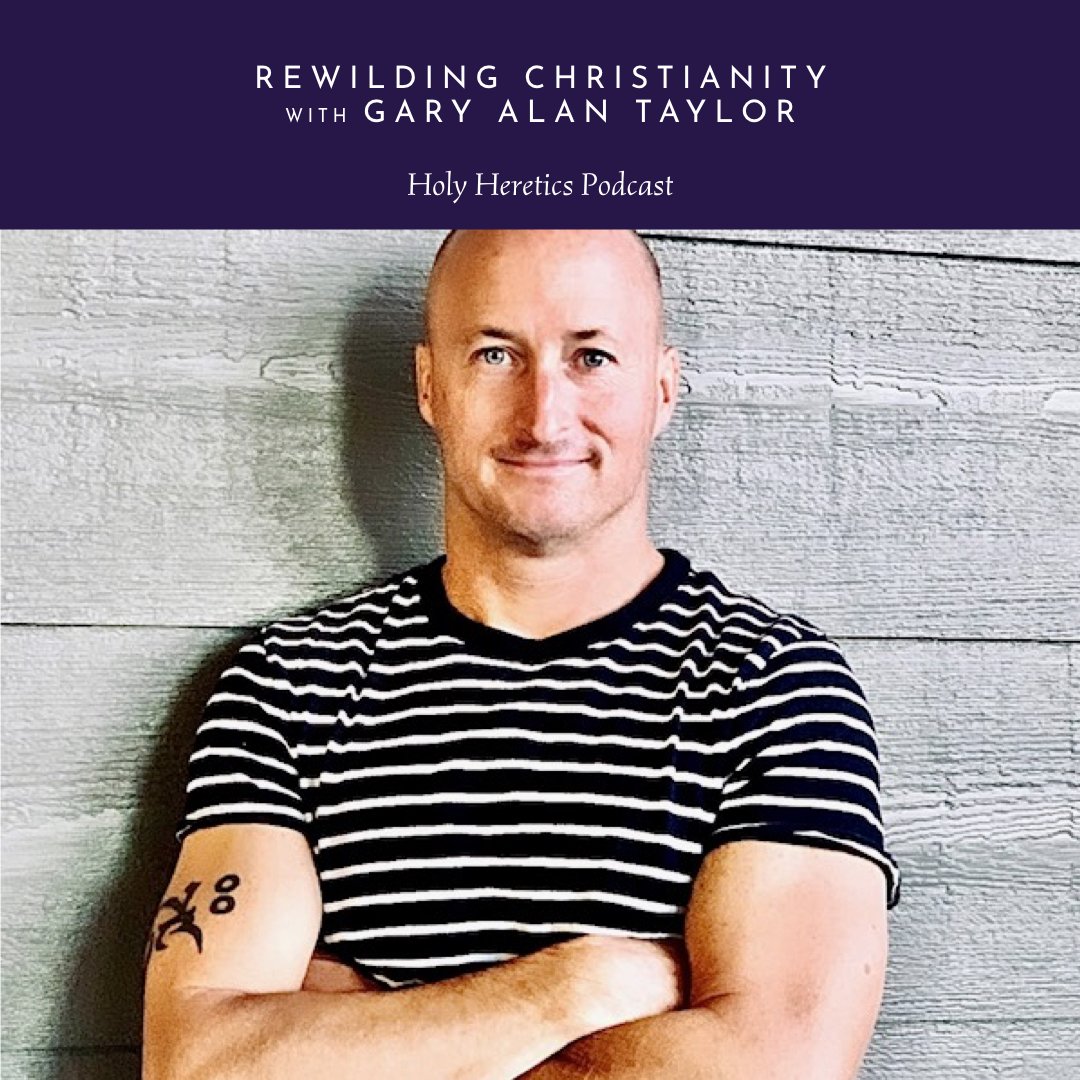
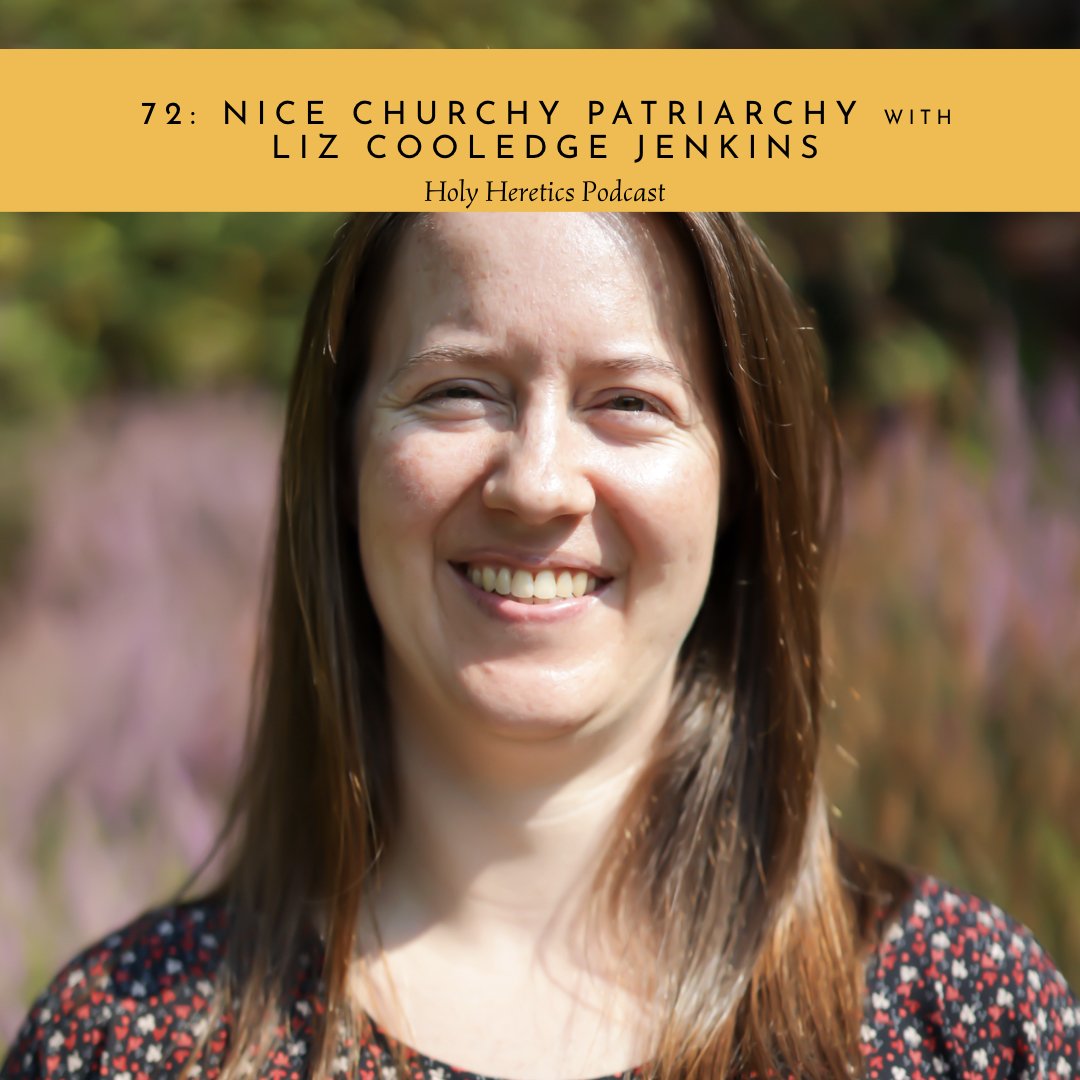
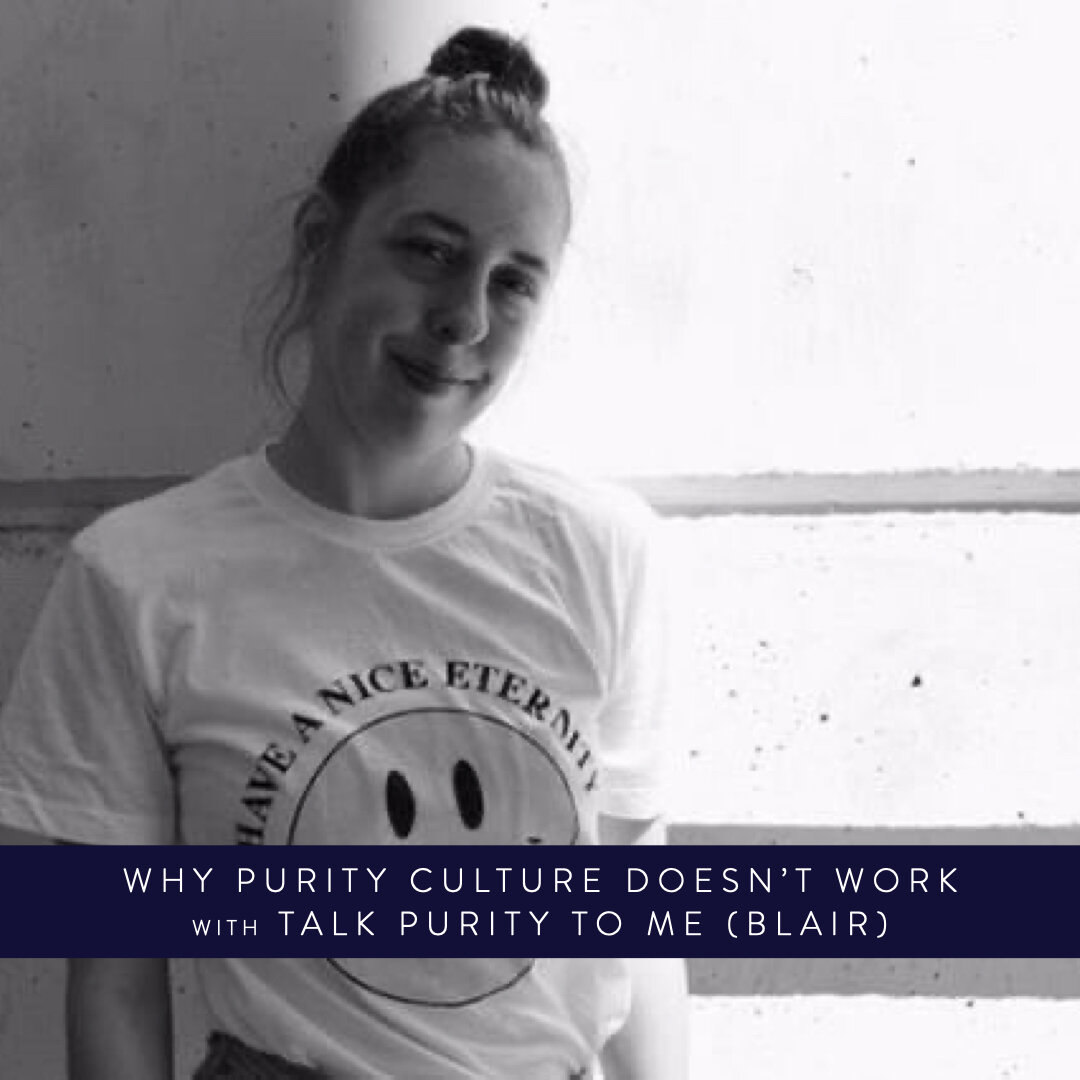
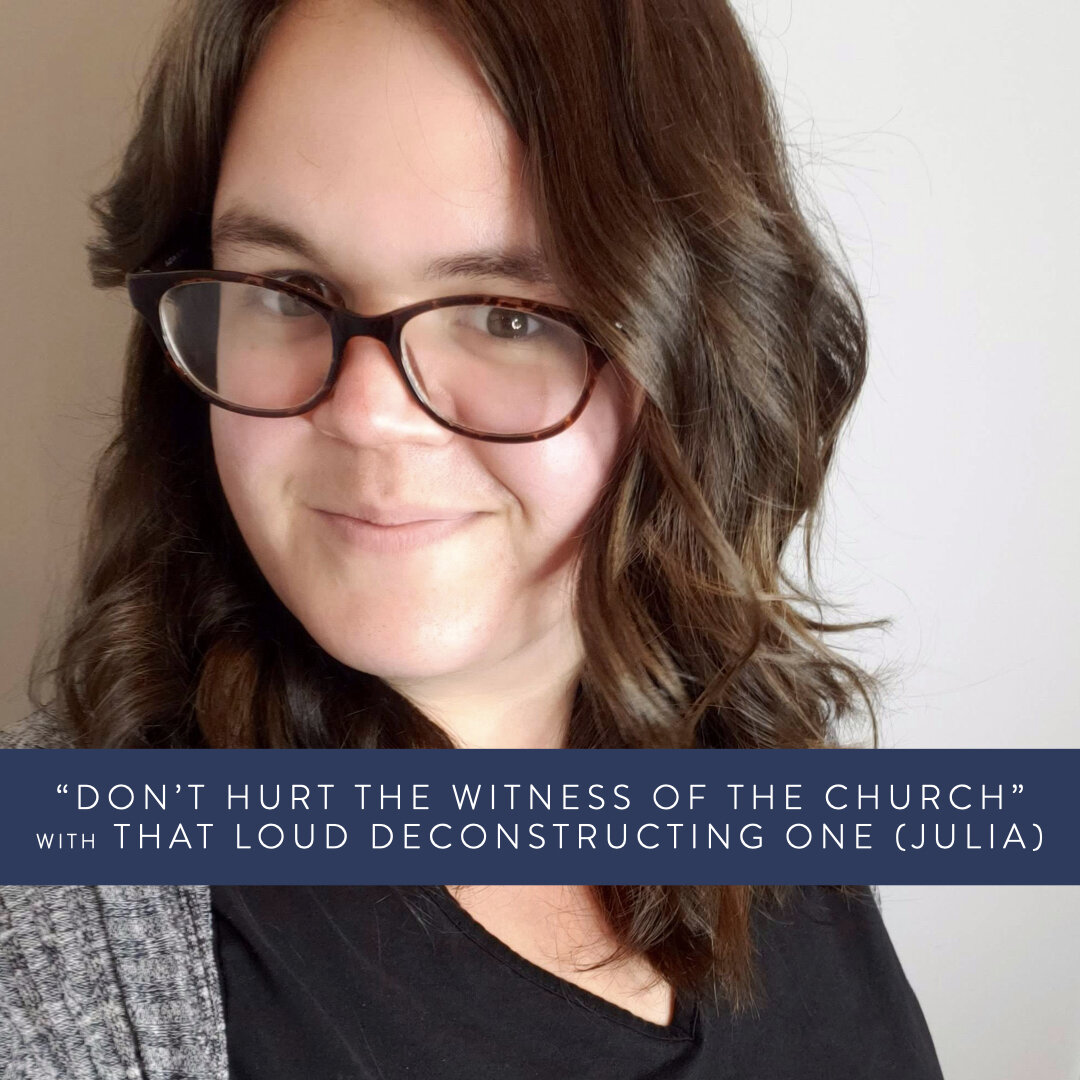
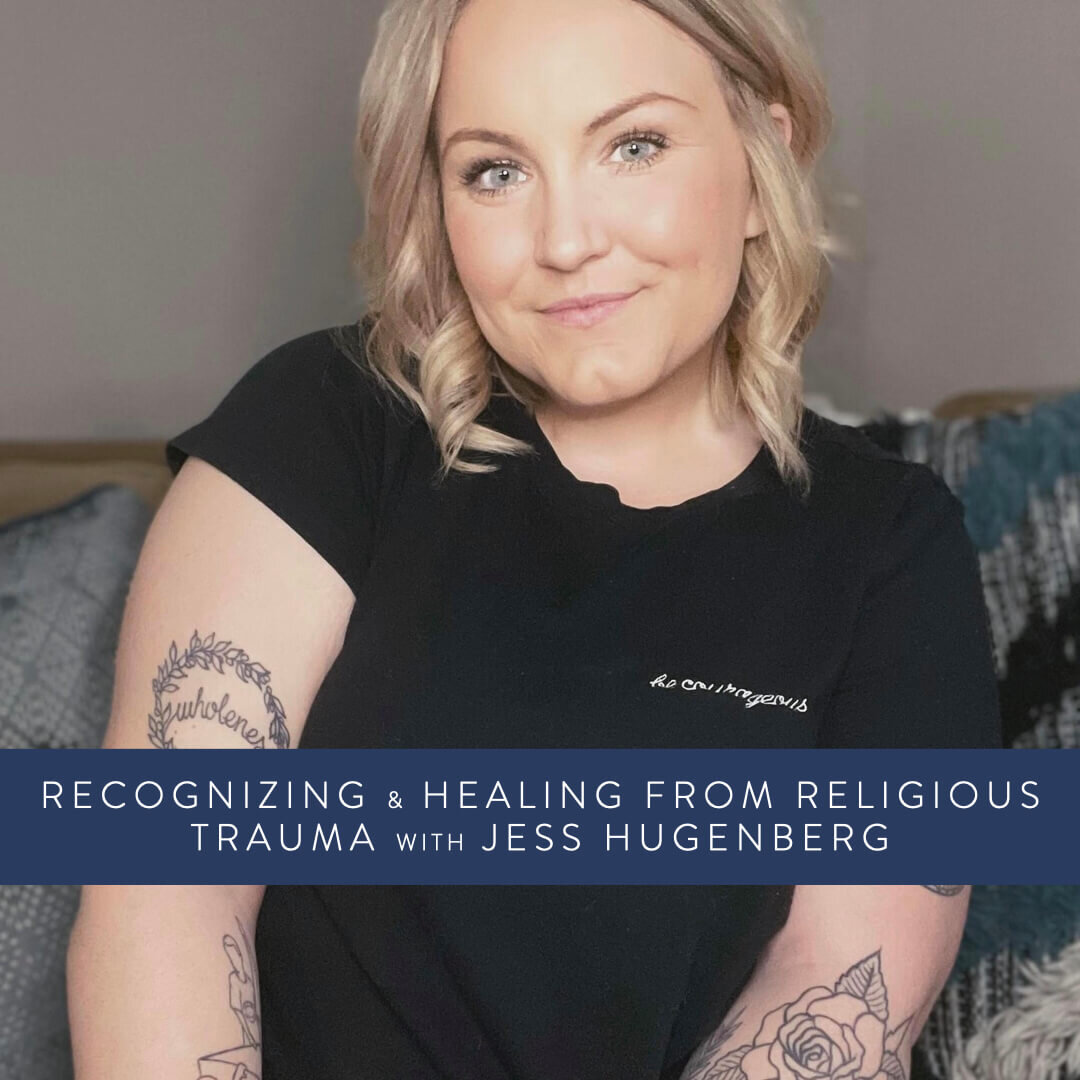
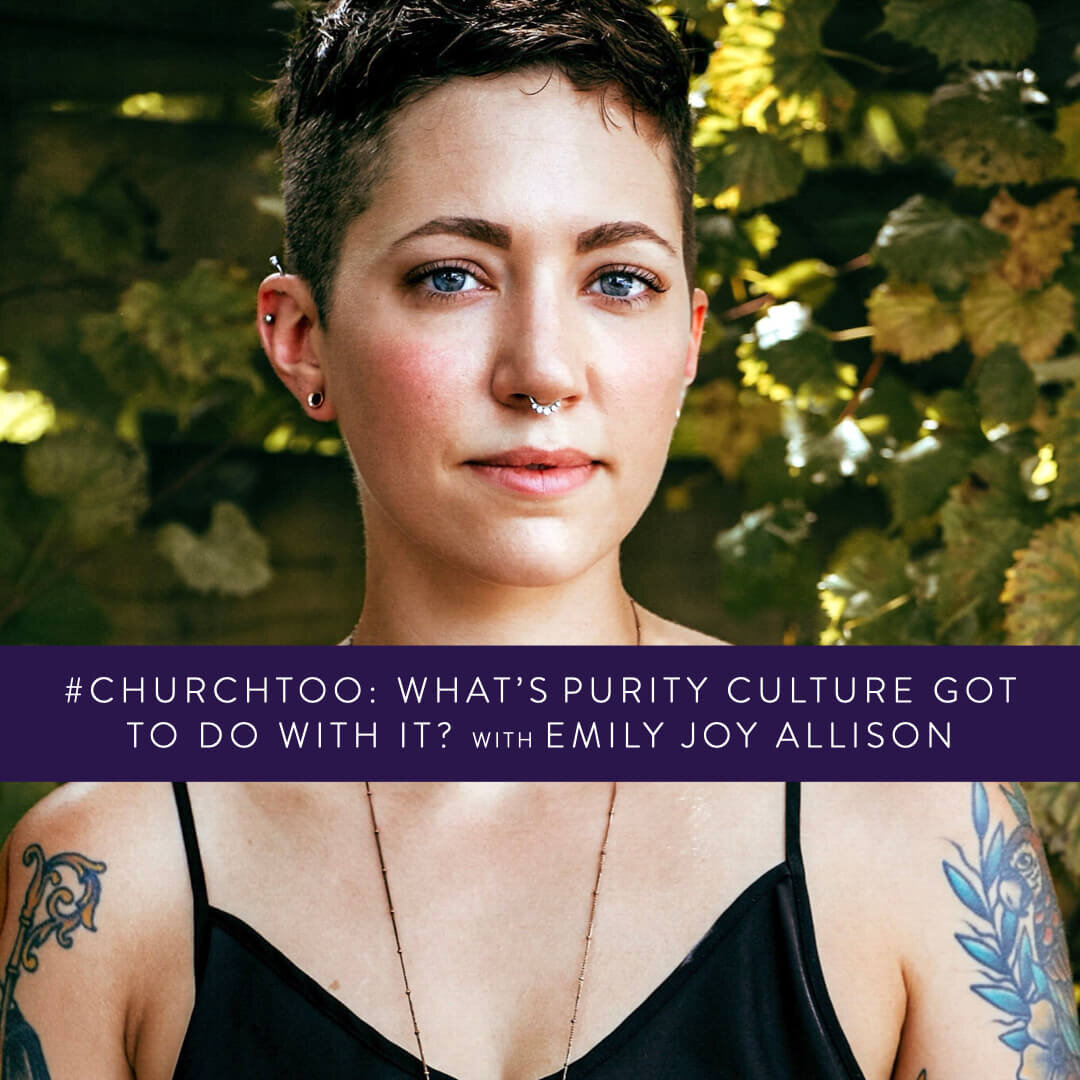

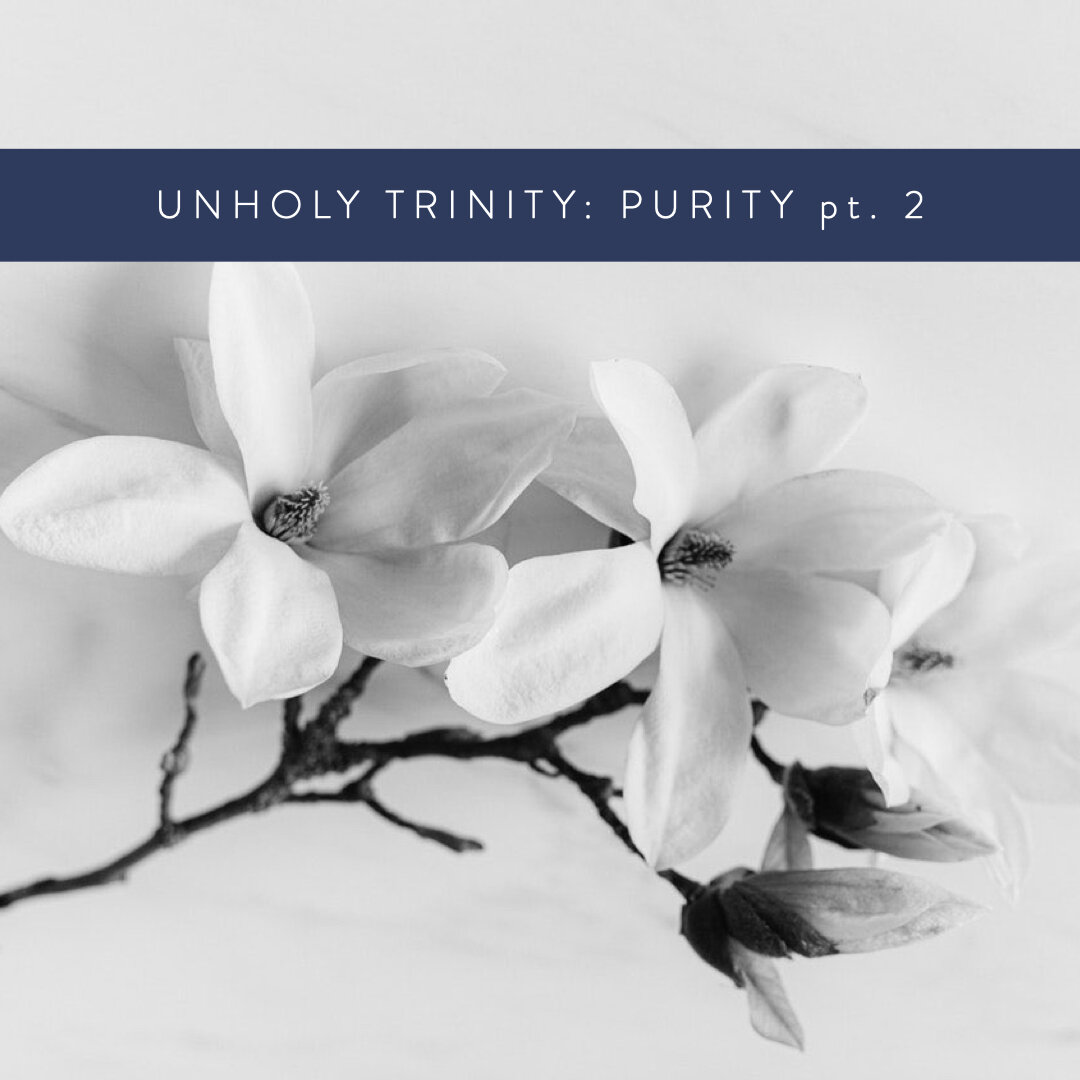

No amount of faith is going to protect you from deep pain. I used to view faith as this thing that is going to protect me from deep suffering, or make meaning out of it, and I don’t think there always is meaning. Sometimes, it just hurts.